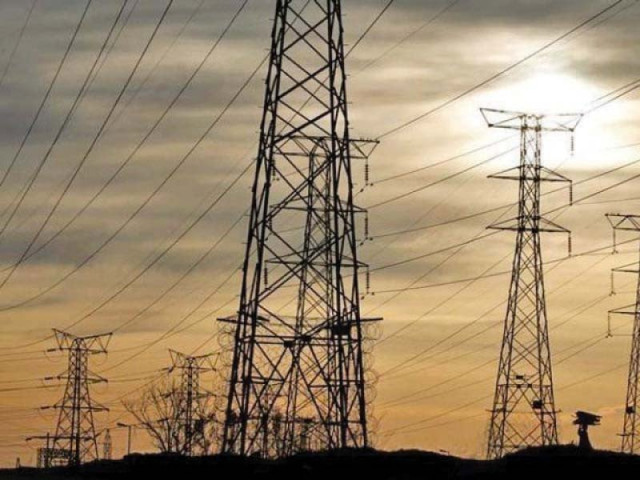Ex-MPs’ relatives appointed on company board
Fears arise these directors may initiate politically motivated schemes

The previous Pakistan Democratic Movement (PDM) government appointed close relatives of parliamentarians belonging to Pakistan Muslim League-Nawaz (PML-N) on the board of Lahore Electric Supply Company (Lesco), which has sparked questions of transparency.
The independent board of directors should comprise professionals in relevant fields, who can give their vital input for policymaking in a bid to bring improvement in services and affairs of state-owned companies.
However, the PDM government, led by the PML-N, placed in Lesco board such directors that were either active workers of the PML-N or sons of National Assembly lawmakers and Punjab Assembly members.
Interestingly, Lesco board chairman is a very active member of the PML-N and has been running political campaigns.
The previous government appointed Hafiz Muhammad Nouman independent director and chairman of Lesco board, though he was the vice president of PML-N and a proposed candidate for National Assembly seat NA-128.
He still holds public meetings (Khuli Kachehris) where he openly declares his political affiliation with the PML-N.
Earlier, the parliamentarians in the Pakistan Tehreek-e-Insaf (PTI)-led government had also been struggling to get appointments on the board of directors of state-run companies.
However, the existing law barred them as parliamentarians could not become directors on boards of such companies.
The PTI government did try to change the law but its efforts did not yield desired results.
The PDM government found a novel way to influence company affairs in the Lesco board. PML-N and Pakistan Peoples Party (PPP) parliamentarians managed to place their sons and close relatives in the board of directors.
These appointments have raised serious questions of transparency because such board members will exert their influence on administrative affairs of the company and launch electricity supply schemes in their constituencies.
According to sources, Lesco has an old power distribution system that results in frequent tripping of transformers. They added that all transformers were being installed in the constituencies of politically connected board members.
Moreover, there is apprehension that these directors will use their clout to initiate politically motivated schemes and projects.
Experts say they have not seen such practices in the past when all independent directors came from families with political background.
Independent directors should be appointed on the basis of their professional background and expertise, they stressed, adding that power distribution companies were already facing higher losses owing to inefficiency and uncontrolled electricity theft.
“Appointments on political considerations will further deteriorate the performance of these companies,” remarked an expert.
Meanwhile, it has become nearly impossible for many consumers to pay excessively high electricity bills, caused by higher capacity charges.
At a recent public hearing, the power-sector regulator raised questions over the performance of chief executive officers of electricity distribution companies, who had no knowledge of drawing how much electricity from power producers.
Distribution companies were procuring less electricity, which resulted in higher capacity payments, and they failed to justify the low intake at the hearing.
In a meeting of the Senate Standing Committee on Power on Monday, officials revealed that consumers were set to cough up Rs1.3 trillion in capacity payments to idle power plants in the current financial year
Rupee-dollar conversion rate, imported coal prices, cost of re-gasified liquefied natural gas (RLNG) and Karachi Inter-bank Offered Rate (Kibor) were the major factors which determined the capacity payments, they elaborated.
The government has struck binding agreements with power plants according to which they will be paid capacity charges even if government companies are unable to take electricity supplies from them.
Electricity companies pointed out that consumer demand had dropped owing to weather conditions and the shutting down of many industrial units due to exorbitant power costs.
As power distribution companies reduced the intake of electricity, the producers shut down their plants, resulting in imposition of high capacity charges on consumers.
The Senate committee also discussed the unprecedented increase in consumer bills that triggered nationwide protests, prompting the prime minister to call an emergency meeting to discuss the crisis.
Published in The Express Tribune, August 30th, 2023.
Like Business on Facebook, follow @TribuneBiz on Twitter to stay informed and join in the conversation.



















COMMENTS
Comments are moderated and generally will be posted if they are on-topic and not abusive.
For more information, please see our Comments FAQ